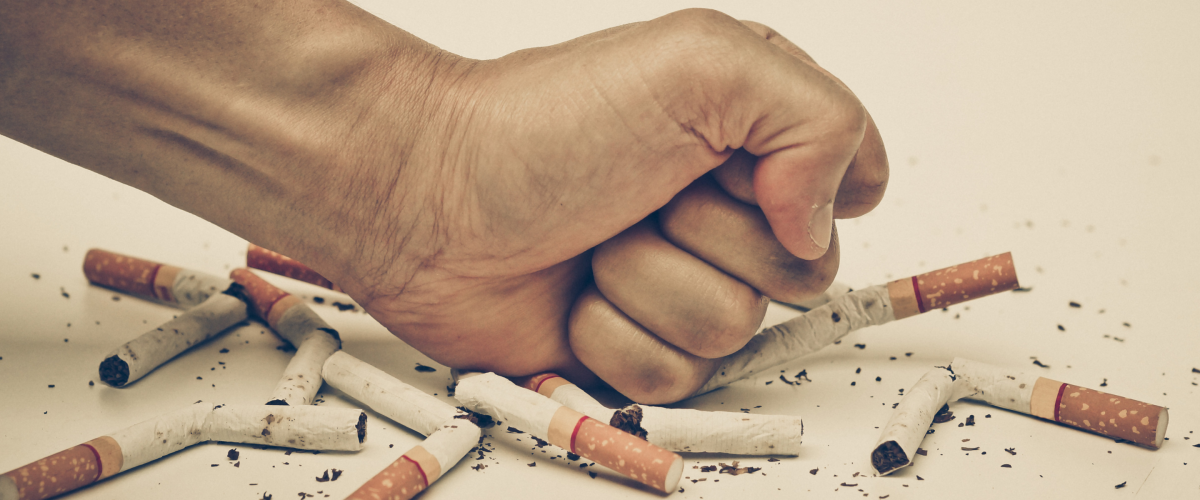Quitting smoking and drugs is a significant challenge, but it’s a journey worth taking. These substances can have devastating effects on your health, relationships, and overall well-being. This comprehensive guide will provide you with valuable information, strategies, and resources to help you break free from addiction and embark on a healthier, happier life.
Understanding Addiction
Addiction is a complex disease that involves both physical and psychological dependence on a substance. It can make it difficult to quit, even when individuals recognize the negative consequences. Understanding the nature of addiction is crucial for developing effective strategies to overcome it.
The Dangers of Smoking and Drugs
Smoking and drug use can have severe health consequences, including:
<h4.Smoking
Lung cancer, heart disease, stroke, chronic obstructive pulmonary disease (COPD), and other respiratory problems.
Drugs
Overdose, addiction, impaired judgment, mental health disorders, and various physical health issues.
Motivating Yourself to Quit
The decision to quit smoking or drugs is a personal one. Finding your motivation can be a powerful tool in overcoming addiction. Consider the following:
Health benefits
Improved physical and mental health, increased energy levels, and a longer lifespan.
Financial savings
Significant cost savings associated with quitting smoking and drugs.
Improved relationships
Stronger connections with family and friends, reduced conflict, and increased support.
Personal goals
Setting goals for your future, such as becoming a healthier, happier person.
Creating a Quit Plan
Developing a personalized quit plan can increase your chances of success. Consider the following steps:
Set a quit date
Choose a date that feels achievable and meaningful to you.
Identify triggers and coping mechanisms
Be aware of situations or emotions that may trigger cravings and develop healthy coping strategies.
Seek support
Surround yourself with supportive friends, family, or a support group.
Consider professional help
A therapist or counselor can provide guidance and support throughout the quitting process.
Coping with Cravings and Withdrawal Symptoms
Cravings and withdrawal symptoms are common challenges when quitting smoking or drugs. Here are some strategies to help you cope:
Distraction techniques
Engage in activities you enjoy to distract yourself from cravings.
Healthy coping mechanisms
Practice relaxation techniques, exercise, or mindfulness.
Medication assistance
In some cases, prescription medications can help manage withdrawal symptoms.
Healthy Lifestyle Changes
Adopting a healthy lifestyle can support your quitting journey and improve your overall well-being. Consider these changes:
Balanced diet
Eat nutritious foods that provide essential nutrients and energy.
Regular exercise
Engage in physical activity that you enjoy.
Stress management
Practice relaxation techniques like meditation or yoga.
Adequate sleep
Aim for 7-9 hours of quality sleep each night.

Relapse Prevention
Relapse is a common part of the quitting process. It’s important to be prepared and develop strategies for preventing relapse:
Identify triggers
Be aware of situations or emotions that may lead to relapse.
Have a relapse plan
Develop a plan for how you will respond to a relapse.
Seek support
Reach out to your support network or a professional if you experience a relapse.
Resources and Support
There are many resources available to help you quit smoking and drugs. Consider the following:
Quit lines
These phone lines offer personalized support and advice.
Support groups
Connect with others who are going through similar experiences.
Counseling or therapy
A mental health professional can provide guidance and support.
Online resources
There are numerous online resources, websites, and apps that can help you quit.
Conclusion
Quitting smoking and drugs is a challenging but rewarding journey. By understanding addiction, developing a personalized quit plan, and seeking support, you can increase your chances of success. Remember, every step you take towards a healthier, addiction-free life is a step in the right direction. Learn more about through www.cdc.com

